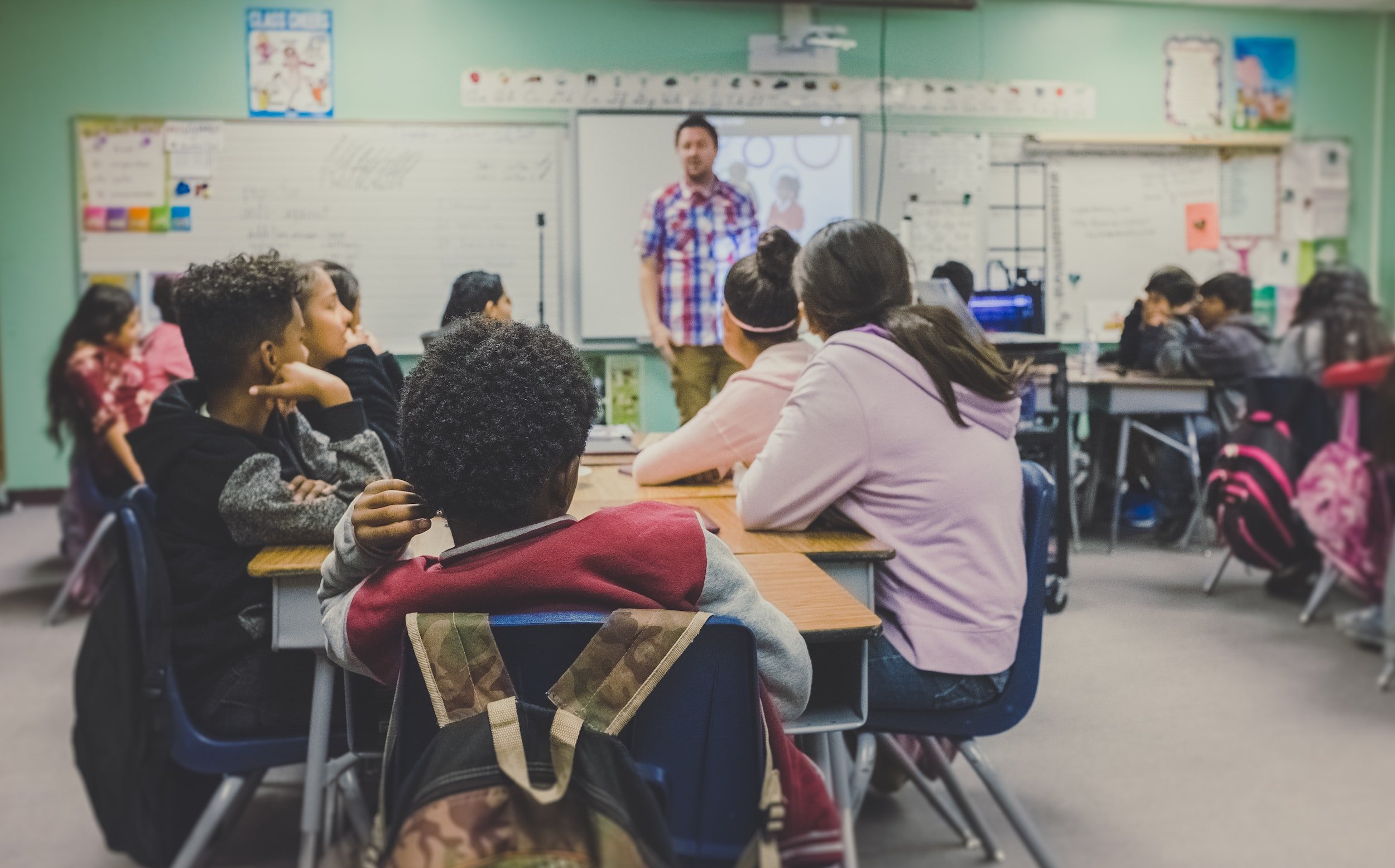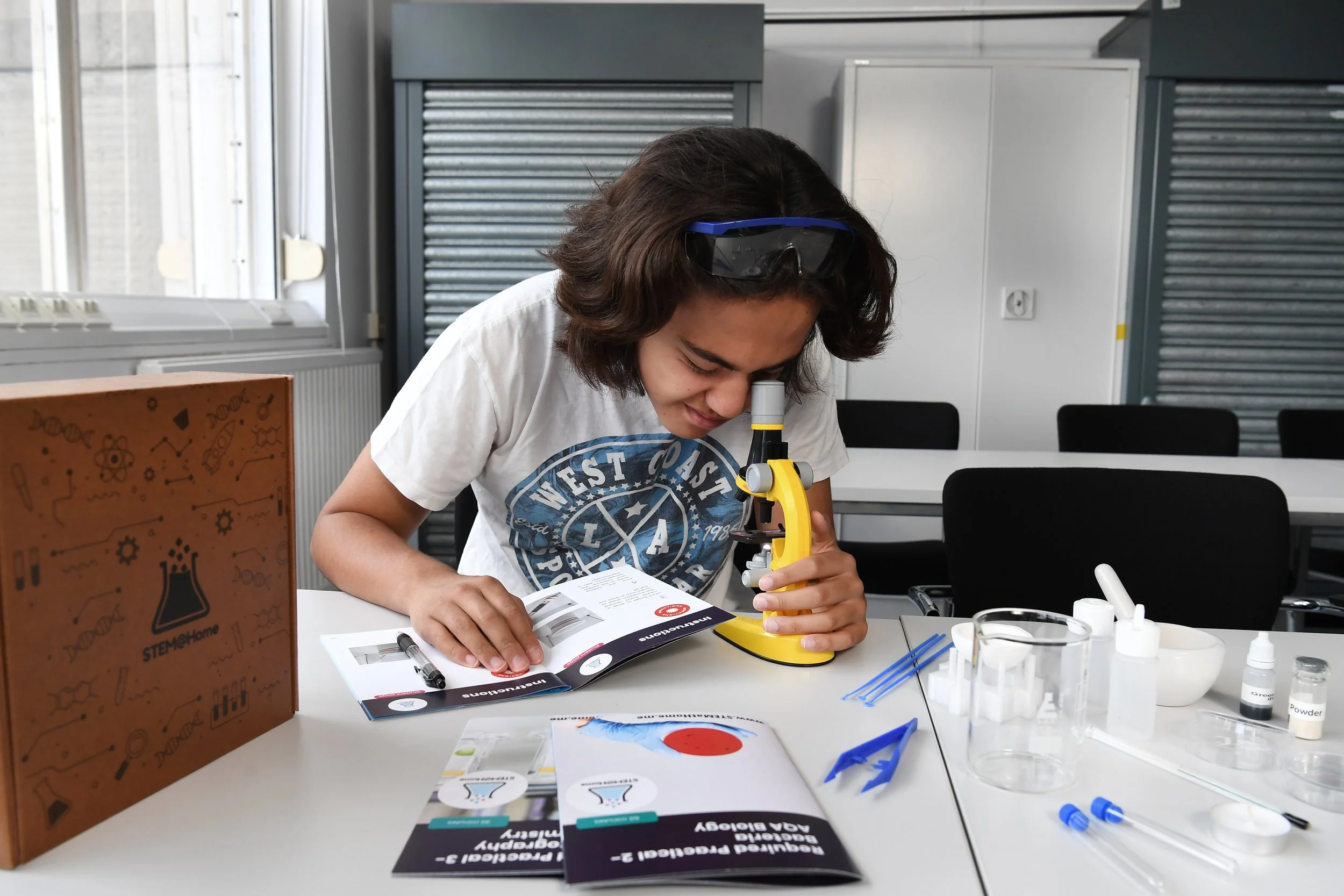How children learn more when you allow them to experiment
If you're like most parents, you want your child to get the best education possible. You want them to flourish in school and go on to lead successful and fulfilling lives. One way to help your child reach their full potential is by encouraging them to do science experiments. Studies have shown that children who do science experiments often end up getting "unintended learning" due to their curiosity within sciences. This allows for extra science learning and development of critical thinking skills within students. Here are some of the benefits of science experiments for children.
Science Experiments Encourage Critical Thinking
One of the benefits of science experiments for children is that they encourage critical thinking. In today's fast-paced world, it's more important than ever for children to learn how to think critically. By doing science experiments, children are able to slow down and really think about what they're doing. They have to figure out how to make the experiment work and why things happen the way they do. This helps them develop critical thinking skills that they can use in all areas of their lives.
Science Experiments Foster creativity
Another benefit of science experiments for children is that they foster creativity. When children are encouraged to be creative, they are able to come up with original ideas and solve problems in innovative ways. Science experiments provide an excellent opportunity for children to be creative as they try to figure out how to make the experiment work or what might happen if they change something about the experiment. Our STEM@Home boxes encourage parents to intervene in the science experiments and to ask questions to help the child think more creatively. We want parents to ask their children about what might happen if a variable was changed in the experiment and then try it out themselves. The more opportunities children have to be creative, the better off they'll be in school and in life.
Science Experiments Help Children Learn About the World Around Them
Science experiments also help children learn about the world around them. When children do science experiments, they learn about different concepts in science such as physics, chemistry, and biology. They also learn about cause and effect and how different things work together. This helps them understand the world around them better and makes them more informed citizens when they grow up.
Science experiments offer a variety of benefits for children such as fostering critical thinking, creativity, and helping them learn about the world around them. So next time your child comes home from school begging to do a science experiment, say yes! It just might be the best decision you ever make.



